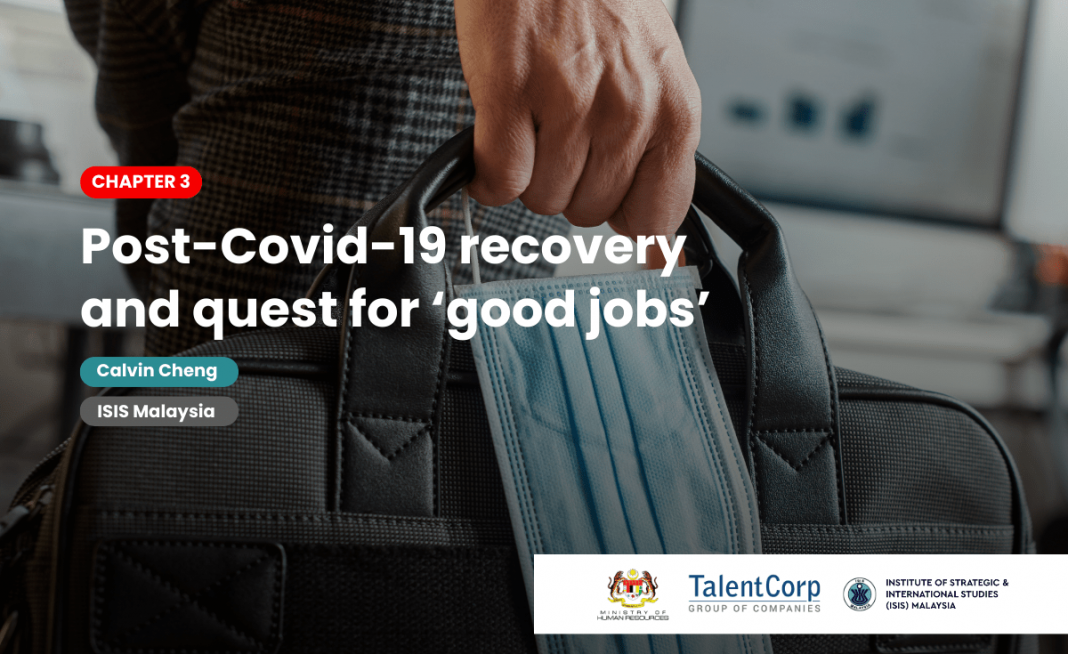Author Calvin Cheng from ISIS Malaysia discusses the structural inequalities that have widened as a result of the pandemic and how, if left unchecked, will pose long-term consequences for economic development, social mobility and socio- political stability. Within this, the author shows how the demographics most affected were younger, lesser educated and women. An equitable and inclusive recovery requires the incentivisation of “good jobs” – essentially those that ensure individuals earn a middle-class living wage while enjoying employment stability and protections. But the risk lies in leaving the market to its own devices when it comes to creating such jobs. Future labour market policies can buttress Malaysia’s quest for good jobs by implementing two key pillars: safeguarding the welfare of workers and building resilience against crises while supporting the longer-term development of workers and creating opportunities.
By Calvin Cheng





